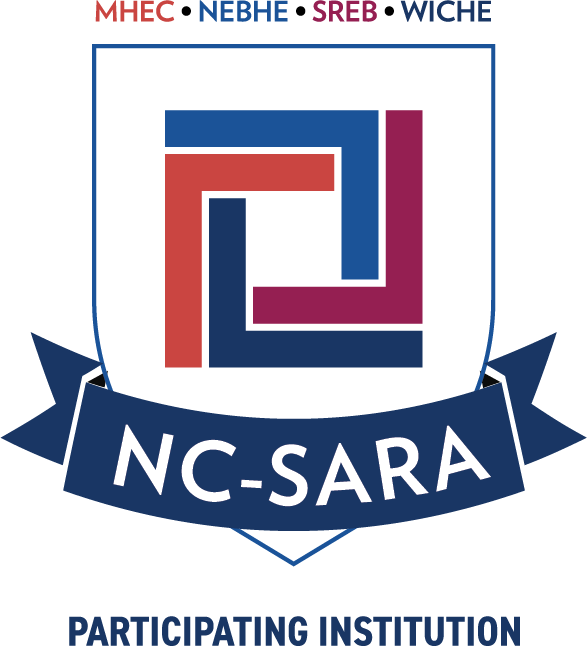Professional Licensure Disclosures
Southside Virginia Community College has entered into a regional reciprocity agreement through the National Council for State Reciprocity Agreements (NC-SARA) to accept out-of-state students from any state (except for students residing in California), the District of Columbia, and Puerto Rico in our online programs and courses.
Current and prospective students located outside the state of Virginia who may be enrolled in a program at Southside Virginia Community College that prepares students for external certification or licensure, or that may require clinicals or internships, should familiarize themselves with any state-specific educational requirements or special limitations on allowable courses. Before enrolling in a program at SVCC leading to external licensure or certification, we recommend that a student contact the state board or agency of the program in the state they wish to practice for the most complete and up-to-date information about licensure and certification. In addition to educational requirements, an agency or board may require additional criteria to be met for licensure. In compliance with federal regulation 34 §C.F.R. 668.43 and NC-SARA requirements, contact information for state licensing agencies for many SVCC’s programs is listed below. This list will be updated as more information becomes available. Please regularly check if your state licensing agency is not yet listed here.
For SARA purposes, institutions that are unable, after all reasonable efforts, to determine whether a program will meet state professional licensure requirements shall provide the student or applicant with current contact information for any applicable licensing boards, and advise the student or applicant to determine whether the program meets requirements for Licensure in the State where the student or applicant is located.
A jurisdiction’s professional licensing boards often require applicants for licensure to meet multiple requirements, including specific educational requirements. An institution’s program might meet all educational requirements in one jurisdiction, but not another (for example, an applicant might need to complete an additional class).
Applicants are also encouraged to seek additional information for any jurisdiction in which they intend to seek licensure by contacting the jurisdiction. Additional helpful licensing information can be found at: https://www.careeronestop.org/ExploreCareers/Plan/licensed-occupations.aspx.
Enrolled students who change their address must update their information inside the Student Information System.
SVCC’s Student Complaint Policy is described in the College Catalog and on our online learning page. SVCC strives to provide the highest quality educational opportunities available. However, if a conflict does arise, our efforts are meant to resolve grievances, complaints, and concerns in an expeditious, fair, and amicable manner. Students should follow carefully the steps outlined in the Student Complaint Policy to ensure proper and timely resolution of their complaint. Complaints must follow the college’s customary resolution procedure prior to being referred to SCHEV.

Southside Virginia Community College has been approved to participate in the National Council for State Authorization Reciprocity Agreements